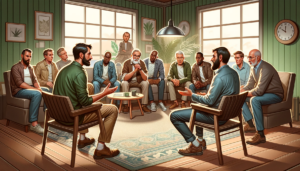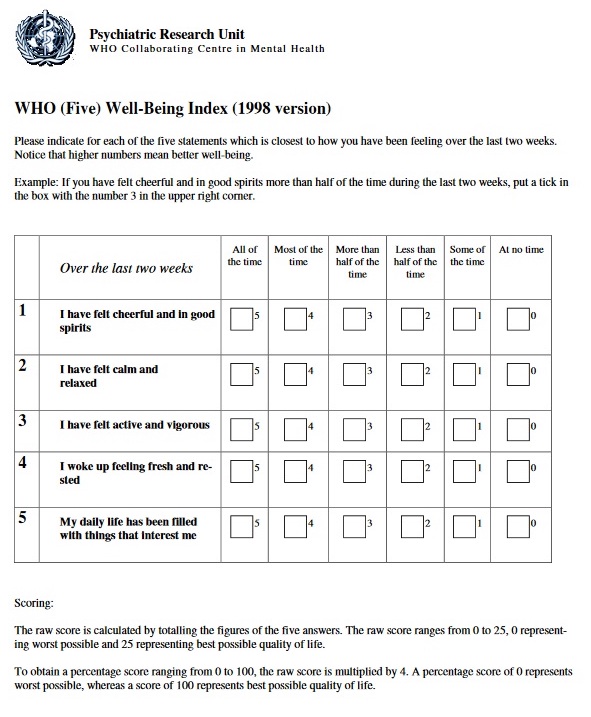From Solitude to Solidarity: Understanding the Modern Man's Need to Balance Independence and Community
When thinking about community, connection and the need for each other, there is a stark contrast in today’s independent, individualistic society compared to the interdependence of community life found in neigbourhoods and villages of the past. Self-reliance and independence enabled by technology and digital platforms have overshadowed the significance of interpersonal connections.
This shift towards independence has its merits; being comfortable alone signifies a healthy level of self-sufficiency, however, this can mask a deeper longing for connection. We face the challenge of balancing self-reliance with the innate human need for a community and the ability to re-engage socially, a trend exacerbated by the pandemic. It’s not just about relationships with others but also the relationship with oneself. Being alone, and at peace with oneself, is different from loneliness. The fear or inability to connect might stem from low self-esteem, possible fear of rejection or some unacknowledged needs.
As we age, the need and importance of social connections become more pronounced, yet forming meaningful social circles in our adult years can be daunting. Maintaining healthy relationships, like any worthwhile endeavor, requires effort and balance. But fulfilling the need for belonging goes beyond physical presence; it’s about understanding and catering to our emotional needs where a meaningful connection in a healthy relationship is a fundamental human need.
Practical advice for building better connections
- Begin with cultivating a habit of introspection. Take time each day to reflect on your thoughts and feelings. This practice can be as simple as maintaining a journal or engaging in mindful meditation.
- Emotional literacy: learning to identify and articulate your emotions is key. By understanding yourself better improves your ability to communicate your needs and feelings to others.
- Self-compassion: practice self-compassion. Acknowledge your imperfections and learn to treat yourself with the same kindness you would offer a good friend. This approach fosters a healthier self-image and reduces the fear of rejection.
- Community involvement: actively seek out community events or groups. This could range from joining a local sports team to participating in community service. Such environments foster a sense of belonging and help build new relationships.
- Open communication: cultivate the art of open and honest communication. It’s essential for building trust and understanding in any relationship, whether it be with family, friends, or colleagues.
- Balance social and alone time: ensure a balance between social interactions and time spent alone. Respect your need for solitude while also valuing the enriching experiences that come from social interactions.
- Networking and social skills: work on improving your social skills. This includes learning how to start and maintain conversations, active listening, and being empathetic.
A step towards integrated development
By integrating these practices into our daily lives, we can create a balanced lifestyle that honors both our independence and our inherent need for connection. This balance is not about losing our individuality or self-reliance; rather, it’s about enriching it through meaningful relationships that celebrate both our need for autonomy and our desire for community.
For individuals seeking to deepen their understanding of personal growth, emotional intelligence, and the importance of community connections, the following five books offer a wealth of insights and practical advice:
- “Emotional Intelligence: Why It Can Matter More Than IQ” by Daniel Goleman.
- “The Art of Community: Seven Principles for Belonging” by Charles Vogl.
- “Daring Greatly: How the Courage to Be Vulnerable Transforms the Way We Live, Love, Parent, and Lead” by Brené Brown.
- “The Lonely City: Adventures in the Art of Being Alone” by Olivia Laing.
- “Man’s Search for Meaning” by Viktor E. Frankl.





